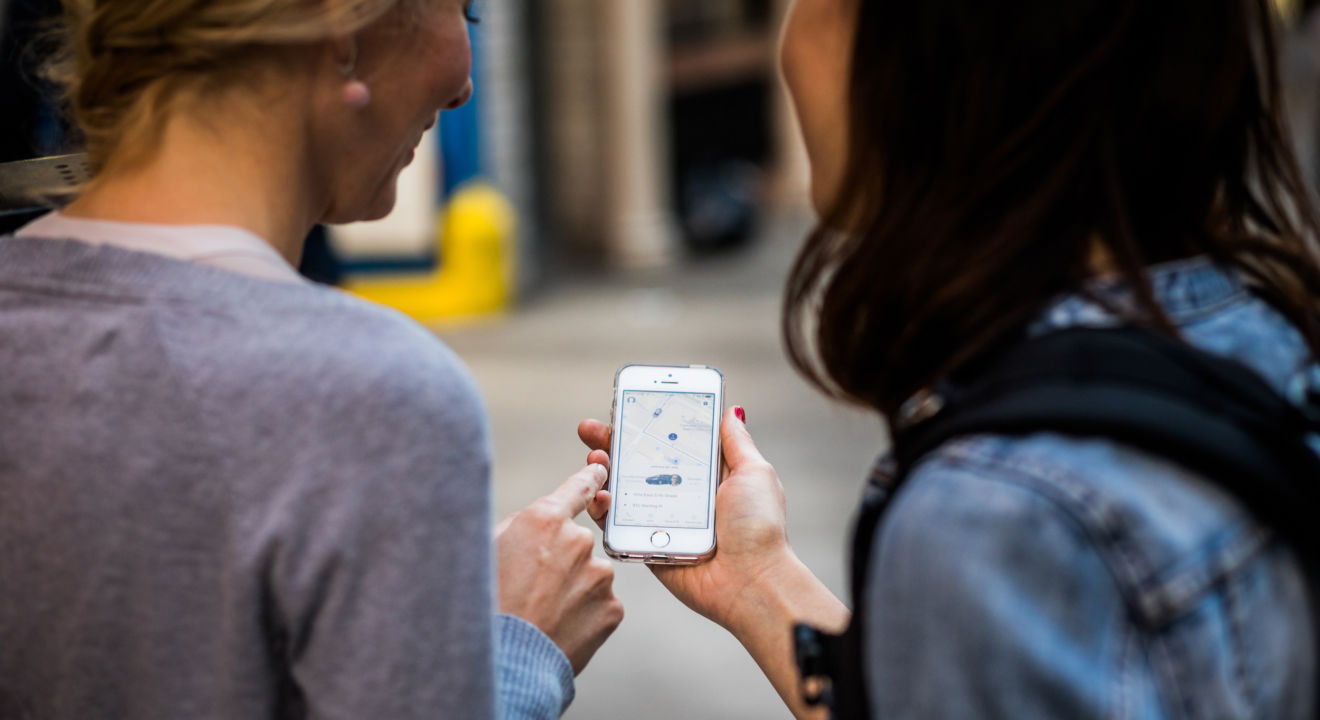Culture April 13, 2017
How Uber used "Hell" to try to poach drivers from their competitor.


The plot thickens. For two years Uber employed a secret program called “Hell” to track the competition and try to steal drivers, according to a new report by The Information.
The software allowed the disgraced tech giant to fake passenger accounts and use their location to find eight nearby Lyft drivers. You spread those fake accounts across a grid, and suddenly you can see almost a whole city.
And thanks to a flaw on Lyft’s account, Uber could see driver ID tokens, which provided important information, like driver habits. Uber could easily pick up on what times drivers preferred and which locations they frequented.
They could even pick out double agents who worked for both Uber and Lyft. Then, Uber used their intel – and some well-placed incentives – to try and coax drivers to work only for them. Shady af.
This information could prove pretty devastating for Uber, who, let’s be real, is already in a heap of trouble. From sexual harassment claims to Google’s charge that their self-driving car technology is stolen, I’m betting Uber definitely did not need this right now.
And, just a guess here, but a detailed account of the sketchy technology they used to steal drivers from Lyft probably doesn’t bode well for them as they battle other claims of stolen property.
But on top of all of that bad press, this latest development could mean even more trouble. Uber’s use of the “Hell” software puts them in, well, hell. They could be open to prosecution for unfair business practices, misappropriation of trade secrets, computer fraud and breach of contract (Lyft’s terms of service forbid impersonation).”
And… this all comes just after Uber promised to stop using another secretive tool, Greyball, to evade authorities. Greyball helped drivers avoid regulators in cities where the app’s services weren’t yet legal. It also identified unwanted users by checking credit card information, social media profiles and other online information. So sketchy.
All in all, it’s pretty safe to say it’s not a great time to be an Uber exec.